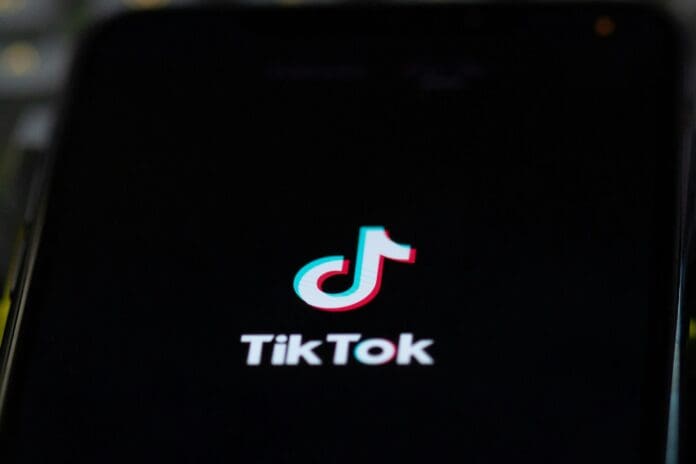This post is also available in:
 עברית (Hebrew)
עברית (Hebrew)
A joint investigation by federal and provincial privacy authorities in Canada has concluded that TikTok’s current measures to prevent children under 13 from using its platform are insufficient. The findings raise concerns about how personal data from minors is being collected and used by the popular app.
The Office of the Privacy Commissioner of Canada (OPC), along with counterparts from Quebec, British Columbia, and Alberta, examined TikTok’s data handling practices, particularly in relation to young users. Although TikTok officially restricts access to users aged 13 and over, the investigation found that large numbers of Canadian children are regularly accessing the platform, according to the statement.
The inquiry revealed that TikTok collects personal information from these underage users and uses it for content targeting and online marketing. The platform also failed to provide clear explanations of its data practices or to obtain meaningful user consent, both of which are required under Canadian privacy legislation.
Investigators emphasized that TikTok did not do enough to inform teenagers or adults about how their data was being used. These gaps in transparency raised additional concerns about whether the company’s data policies align with national privacy standards.
In response to the investigation, TikTok has agreed to several steps aimed at addressing the concerns. These include strengthening age verification processes to better screen out underage users, improving the clarity of its privacy notices—especially for younger audiences—and providing additional information in French for Canadian users.
The case highlights broader issues around digital platforms and youth privacy, particularly as online services play a growing role in children’s daily lives.
The investigation did not result in formal enforcement action, but it places pressure on TikTok and similar platforms to better align with privacy expectations in jurisdictions with strong child protection laws. It also underscores the ongoing scrutiny facing global tech platforms over how they manage data collected from young users.


























